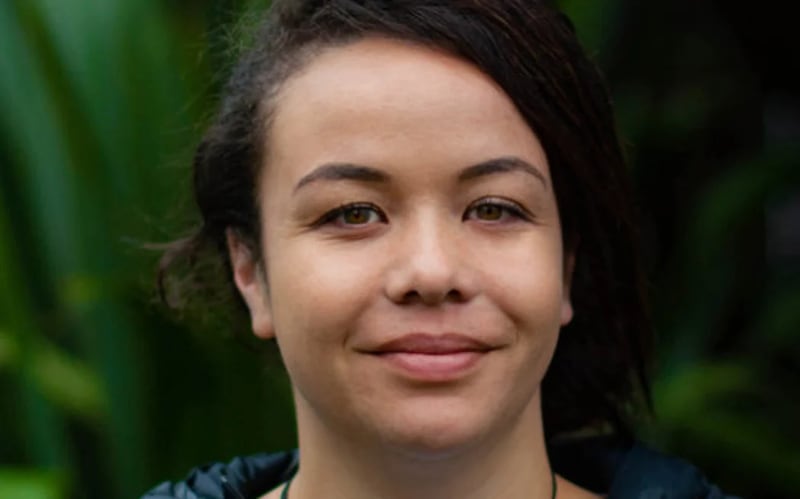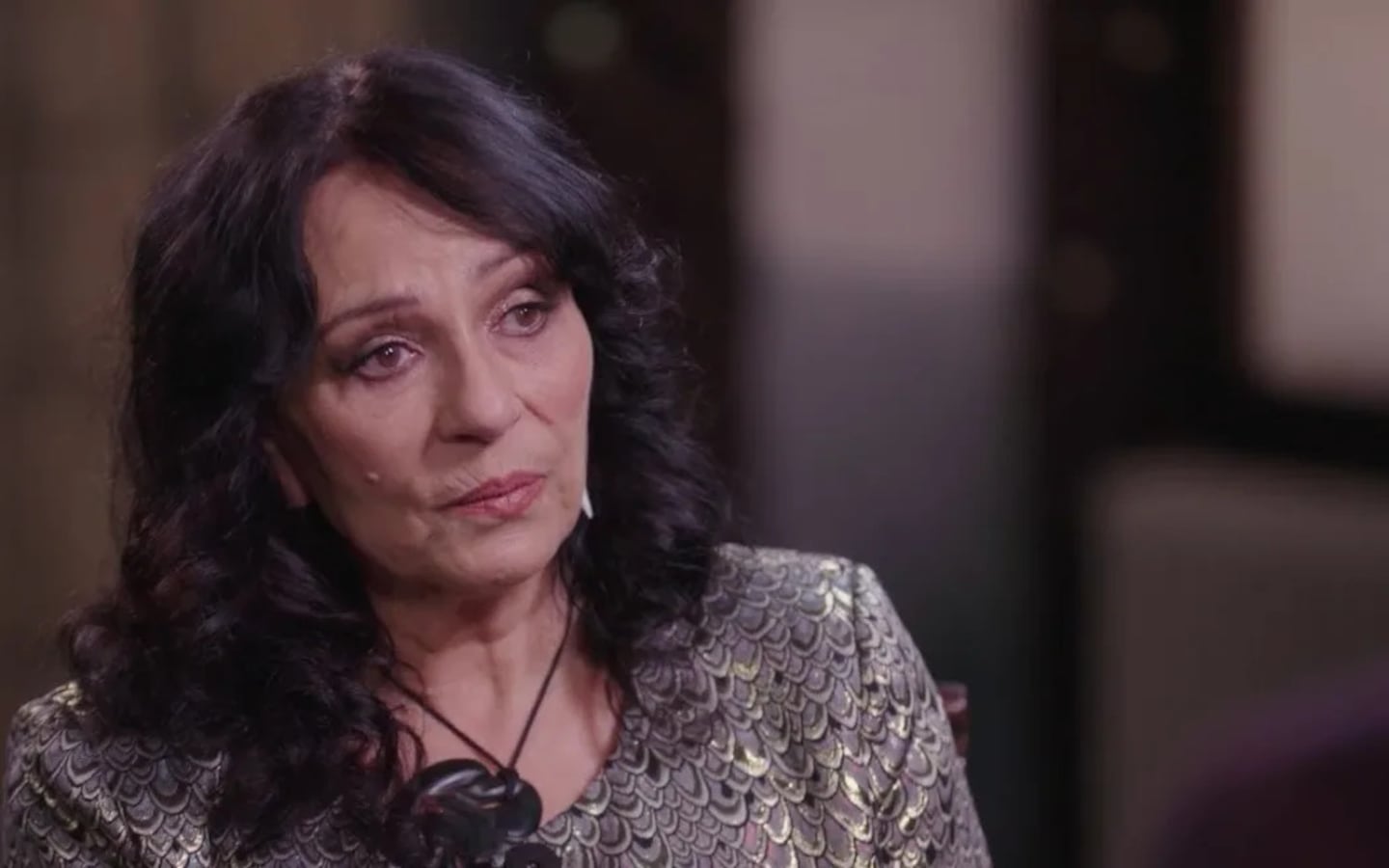A former local government minister says the coalition government’s decision to enforce referendums on Māori Wards is “undemocratic” and a “sad day of democracy.”
The 2025 local elections will see referendums held for every Māori ward set up in the past few years, with the government giving councils the ultimatum of a referendum or scrapping the ward.
Sandra Lee Vercoe, who served as the 10th Minister of Local Government, said the government is winding back the clock and “yet again putting Māori on the outside looking in.”
“From the get-go from this government, they have made it very clear that they want to absolutely marginalise the voice of their Treaty partner.
“This is very, very far right anti-Māori legislation we are seeing, and I don’t say that lightly, I say that with regret.”
University of Victoria Māori studies lecturer, Dr Annie Te One shared similar sentiments.
“I think it is a concern when the government seeks to establish legislation that singles out Māori and puts Māori or Māori representations up for debate.
“After many many years of debate, the research done, not just in Aotearoa but by the Human Rights Commission, by a number of academics, but also gaining notice by international bodies through the United Nations kind of highlighting the fact that Māori representation in local government was a severe issue and a severe te Tiriti issue,” she said.

Te One referred to what the local government systems looked like before the previous government’s law on the issue.
“The ability to have a public poll on Māori wards was the only piece of legislation that enabled a vote based on race and so it really was an example of a racist piece of legislation, which is why the Labour government eventually did away with it.”
‘On the outside looking in’
“I’m feeling very sad today,” Lee-Veroce told Te Ao Māori News. She talked about when she was elected as a member of the Waiheke County Council back in the 1980s.
“I remember well what it was like for our people back then on the outside looking in.
“That [Local government] is the area where our old uncles and all our old aunties and generations before us, year upon year have gone to their councils and said ‘Please stop discharging your raw sewage in our moana.’
“They are the places our people have gone and urged councils to stop undermining the environment but it’s far better when you have a place at the table where you’re not arguing retrospectively and where you can advocate from a progressive position.”
Lee-Vercoe believes when the referendums are held there will be a “massive rollback.
“That representation will be lost to our people north, south, east, and west.”
“All that contribution that our people can make, all the history, all the understanding of the environment, all of our people knowledge and relations to specific areas, that the councils do often have to employ consultants that our people knew already will be lost.”
Are Māori wards anti-democratic?
Act leader David Seymour and New Zealand First Leader Winston Peters have called or eluded to Labour’s law as “undemocratic” but both Te One and Lee-Vercoe think it does show democracy.
“Without Māori wards, Māori are consistently underrepresented, which means our ability to actually develop a sustainable Te Tiriti o Waitangi governance framework are also not able to be done, so really they are democratic and good for everyone,” Te One said.
Lee-Vercoe even questioned on how the two parties who received less than 9% of the votes each in the general election last year could make such a big move.
“It strikes me as a bit ironic because we know that it is being driven by the Act Party and New Zealand First and they’re trying to make out that they are doing this in the name of democracy.
“It’s anti-democratic to remove the voice of our people and the contribution that we can make at the council table.
“How is it they object to the existence of Māori wards that see our people elected fairly and squarely by their constituents and bring very critical and important knowledge to the table that often in my experience can save councils a vast amount of money,” she said.
The future.
When people hit the local polls next year and face the referendum, Lee-Vercoe thinks “the majority” will have their way, and the Māori wards will be removed, “as we saw in the past when the referendum was available and councils preferred not to exercise establishing Māori wards,” she said.
Te One was optimistic about the future and hoped people saw the benefits of the wards.
“There is a concern that the community will not vote in favour of Māori wards if they go back to a poll.
“Hopefully, they’ll see it’s really good to have a diverse representation and uphold Te Tiriti o Waitangi in this small way through local government.
“There are many attacks on Te Tiriti o Waitangi at the moment, which are making a lot of people worried but I think there is a lot of momentum at the moment amongst Māori communities and with tangata Tiriti to challenge decisions like this.”



